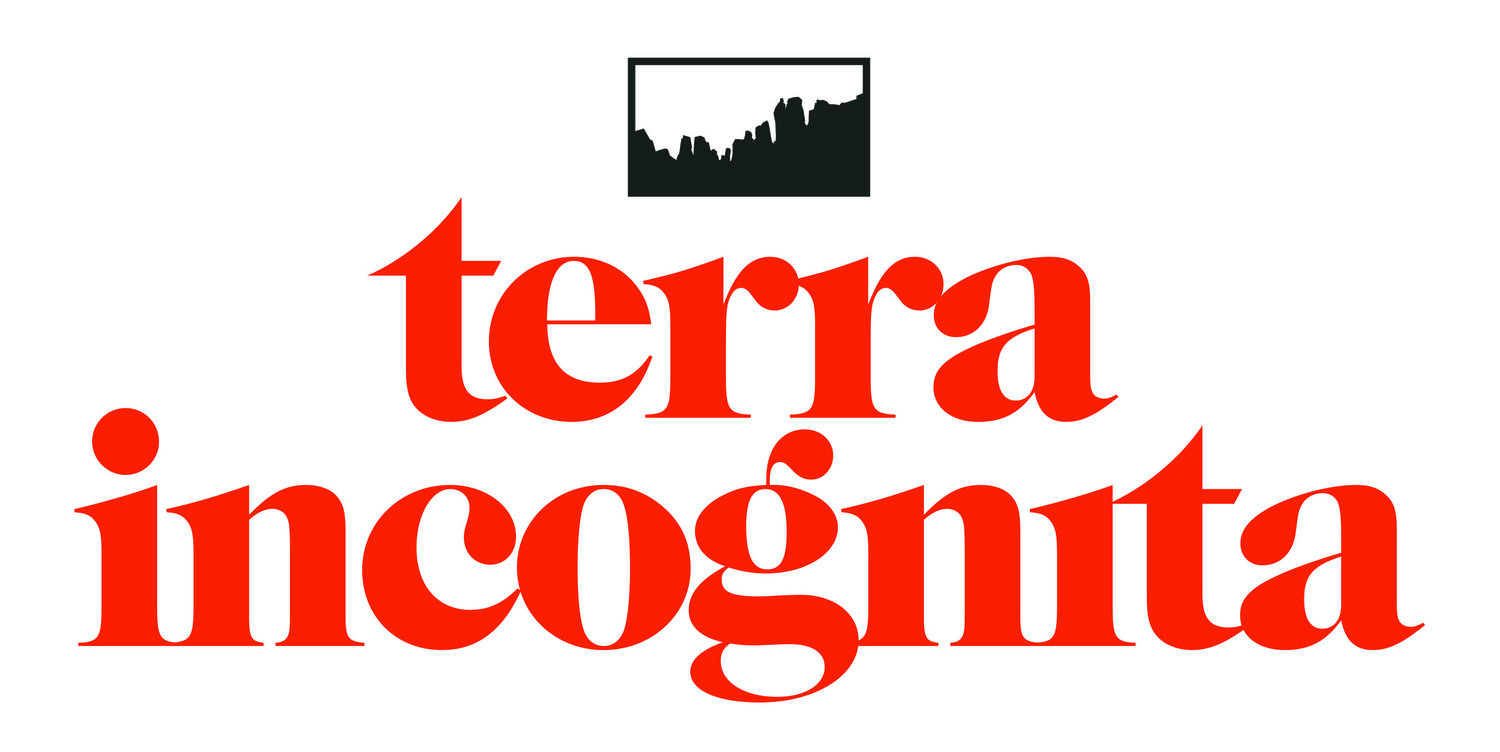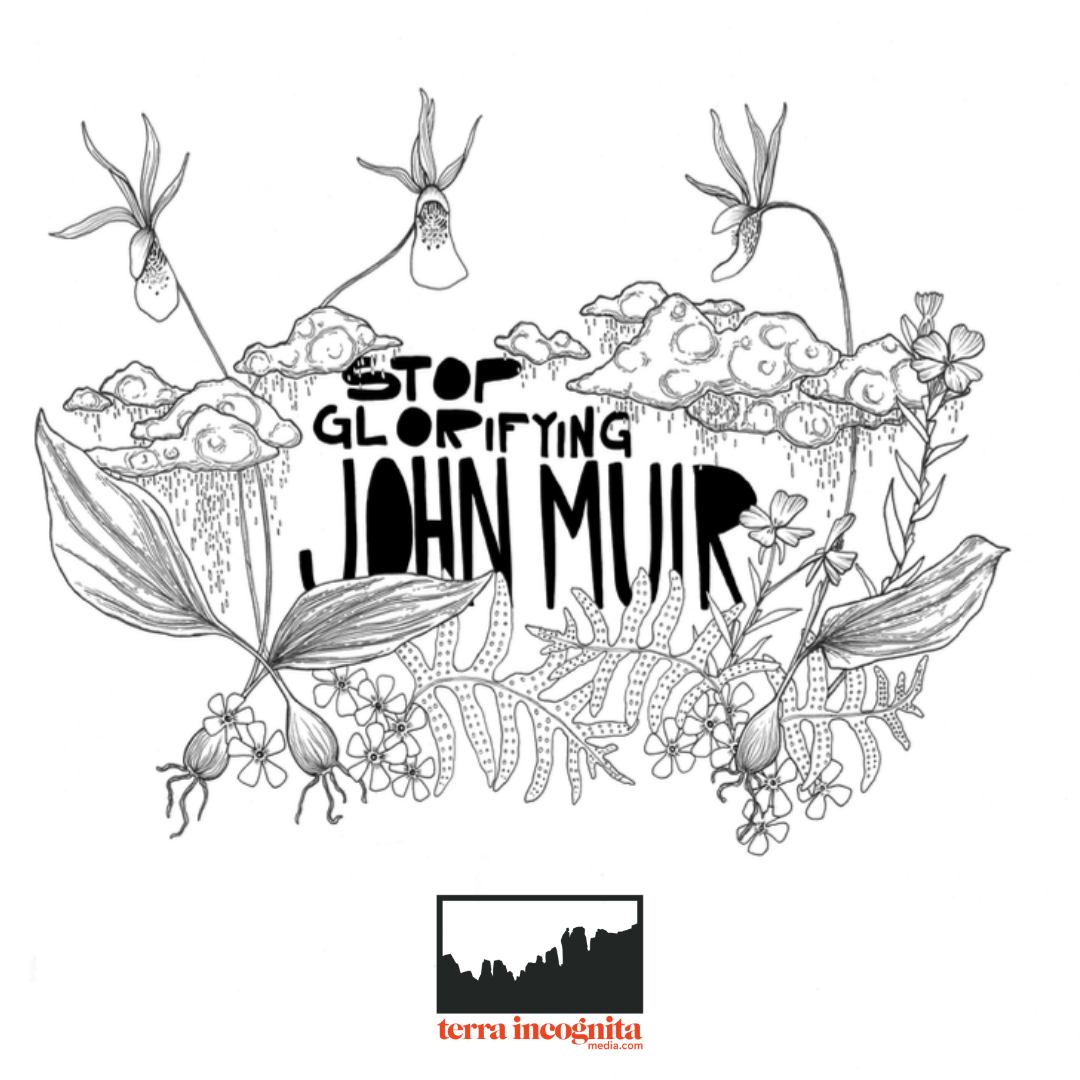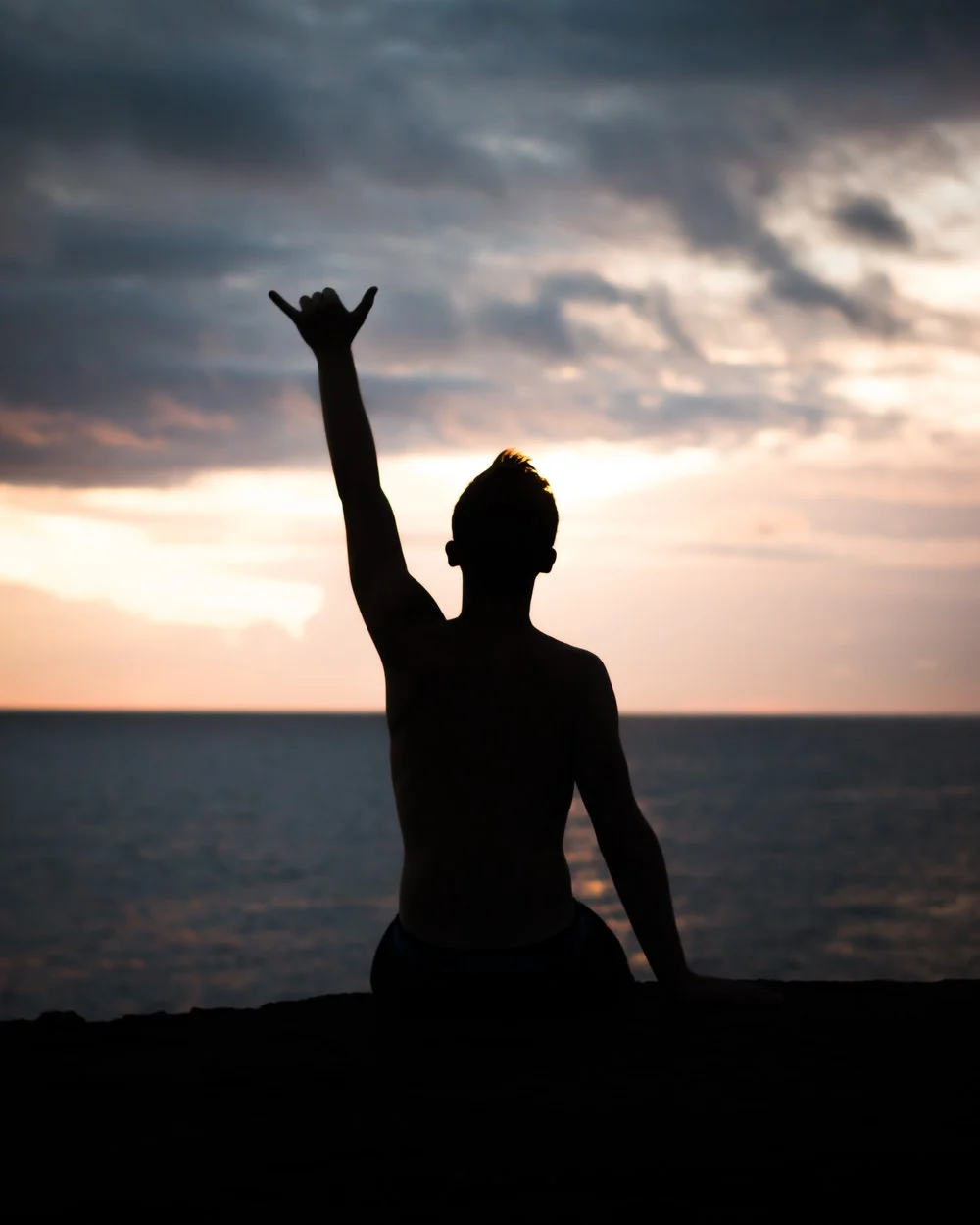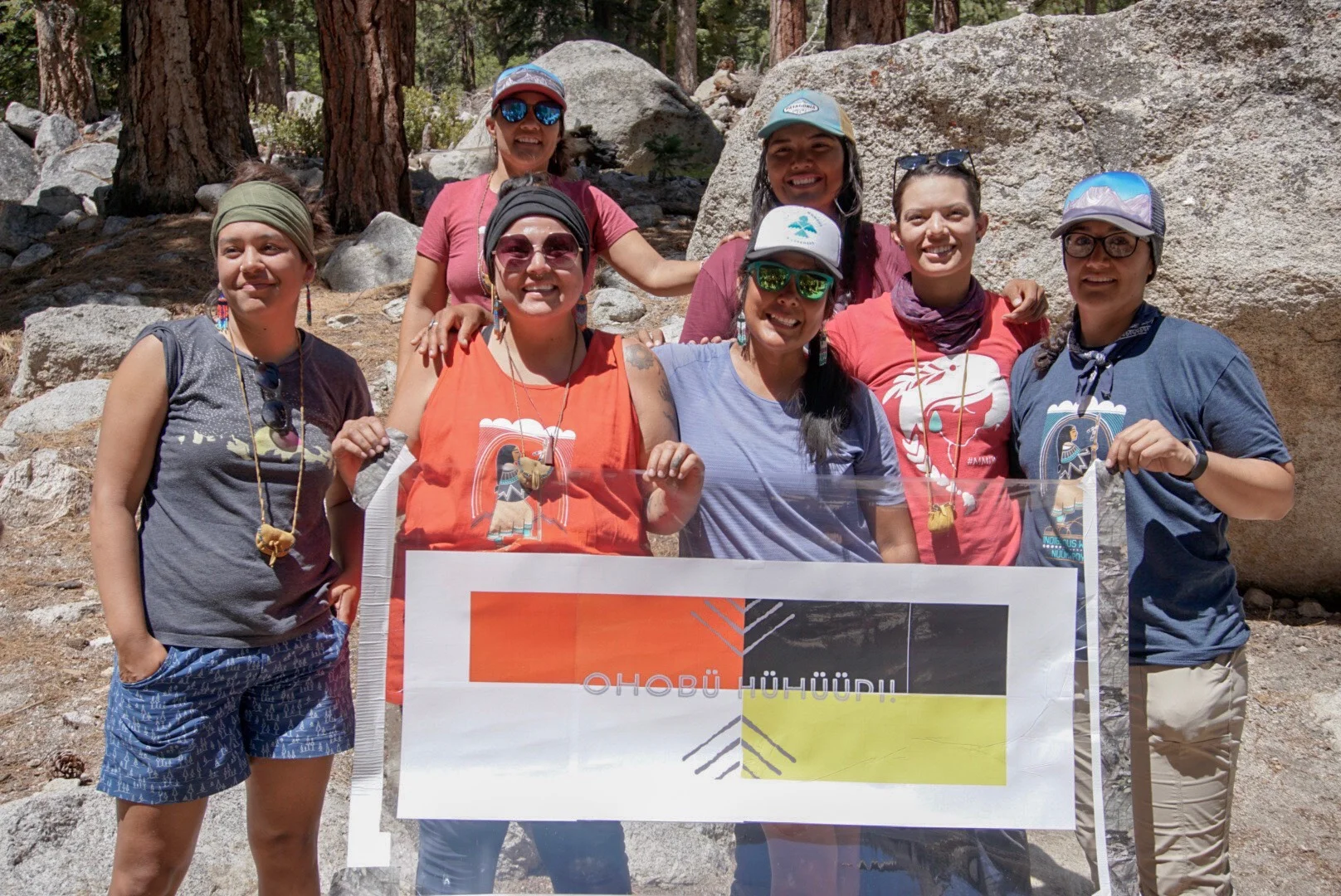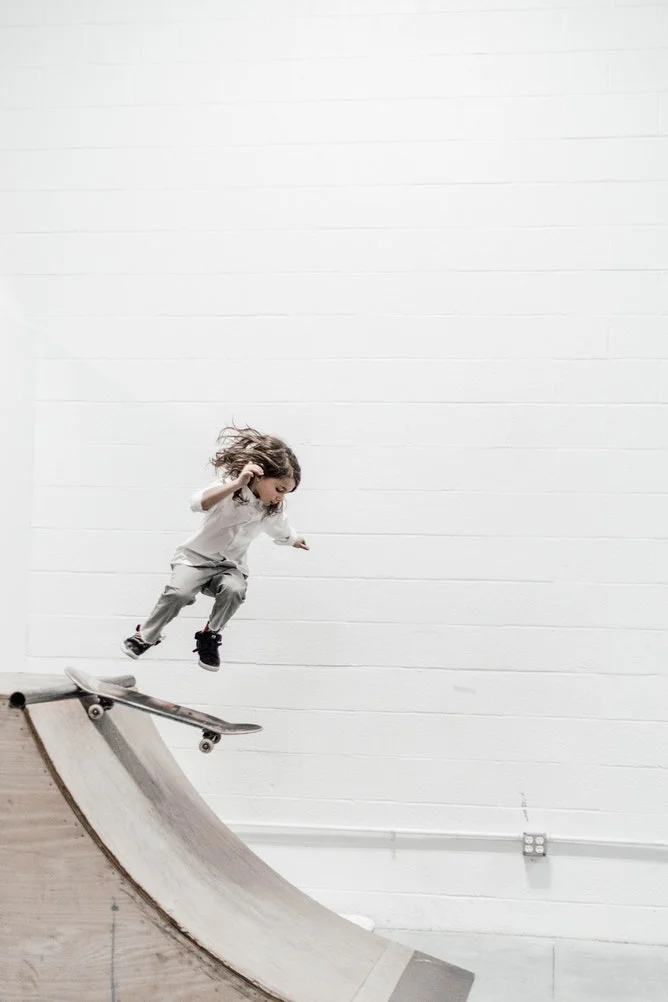White people have always decided what is “natural,” as well as who “naturally” belongs and who doesn’t. John Muir did not do “some powerful work for conservation and parks.” He co-founded the Sierra Club and worked to ensure that Ahwahnee became Yosemite National Park — these structures are tools that maintain power for a few (white people, particularly white men), as well as perpetuate gatekeeping (the practice of limiting and controlling resources). National Parks are active tools in ongoing indigenous genocide.
The White Problem of "Chocolate Chipping" in Diversity, Equity, and Inclusion Efforts
On the podcast Hoodrat to Headwrap, in the episode called “Diversity and Inclusion is for White People: Beyond Bruno Mars and the Love of Light Skin, Ericka Hart talks about the phenomenon of “chocolate chipping” and how this plays out in white organizations when they say they want to be more diverse and inclusive, and we notice the same trend happening in the outdoor industry. Find out how white dominated organizations can work to be truly inclusive and anti-racist.
Conglomerate Imperialism: The Enemy to Indigenous Liberation
Imperialism subject matter can be a bit intimidating for individuals that are new to social justice discourse. Even when I was a Native college student I heard people say this term, but never really understood what it meant. It wasn't until I took a class which featured histories of global conquest that I was exposed to the global lens of Indigenous resistance. One day, after realizing I couldn't really state distinctions between "colonialism" and "imperialism,” I knew I had more learning to do. Since then, the ideal of "military force" is more succinct when exposing ongoing militarized violence against Indigenous peoples. Some contemporary examples of this that people may be more familiar with was the militarized violence at Standing Rock and the Unist'ot'en Camp. In so many ways militarized violence is paired with the United States’ quest for resources to exploit or land to occupy.
Vegan Activism and Anti-Indigeneity: Violating Indigenous Food Sovereignty
There is a lot of shaming, derailing, victim-blaming, and so forth, but at no point in time is there willingness to address one’s own complicity in the very systems that allow for industrial meat and dairy farming. How do our conversations about veganism fail to address systemic oppression and barriers? How do vegans, particularly white vegans, perpetuate anti-indigenous narratives, and what can we do to honor and give credit to pre-colonial indigenous practices that white supremacy has tried to stamp out?
An Open Letter to White People Who Want to Use Their Platform to Dismantle White Supremacy
We frequently get asked by fellow white people, particularly those who work in environmental jobs, in the national park service, or public lands, if we can offer them advice, tips, or resources about how to address white supremacy and ongoing colonization. Whether they are leading conservation groups, responsible for teaching natural history, or are in charge of hiring, white people come to us with their concerns about how to address systemic oppression and acknowledge the true history of the land without centering whiteness. Because of how white people are conditioned in a white supremacist nation, racism manifests in our thinking, behavior, and actions.
White Women: Let's Stop Giving Each Other Awards
This isn’t about being “culturally and racially insensitive.” This is about white supremacy and how we white women keep our positions of power and comfort by co-opting the work of Black women, Indigenous women, and women of color.
Stop Policing Our Bodies: When Cis White Men Determine What is "Healthy" for Everyone
In a society the polices women’s bodies right down to the food they eat, to hear a cis white man assert so definitively that female-bodied people “shouldn’t” eat eggs made my chill go bankrupt.
REI's and Teton Gravity's FAR OUT Plays into Racist Tropes of Discovery and Enlightenment
Racism and ongoing colonization is difficult to overturn largely in part because as white people we don’t realize that our efforts to find “spiritual enlightenment,” or to “just have fun,” or to “explore,” or “recreate,” is coming at a compounded cost to others.
White Male Impunity is Not, and Never Will be, Funny
Imagining a world that extends beyond normalizing and affirming structures of oppression and injustice means that we are going to need to hold people accountable for not just their actions, but their words. Some “jokes” are not funny.
Terra Approved Podcasts of 2018
You can get an ear-full of education by listening to the right podcasts. Here is a brief list of the podcasts that are changing the way we see the world and imagine a more equitable future.
Ambient Dominion: How 'Free Solo' Points to An Epidemic of Toxic Masculinity
Free Solo is an attempt to complexify the narrative of not just climbing, but particularly free soloing, and not just free soloing, but the nation’s most recognized free soloist. The film indeed added complexity to free soloing and Alex Honnold, but it revealed layers that it probably didn’t intend on exposing. The written accounts coming out about the film divulge a repetitive and classic trope about White men.
AN OPEN LETTER TO INTERNATIONAL LIVING
Travel is intended to be a place that is safe for people to be themselves and to immerse themselves in diversity of places, people, thoughts, food and more. As a global traveler and a mountain trekker of almost 20 years, I have come to love the diversity that comes along with every moment I’m wandering in some parts of our world. I learned not to just respect but appreciate the differences among people that I come across in my traveling life.
Surf Culture's Continued Appropriation of the Shaka
In 2016, associate editor of The Inertia, Dylan Heyden, wrote an article titled, “Is the World Famous Shaka A Form of Cultural Appropriation?” Spoiler: this isn’t even a question.
How the Unintentional Racism of the Outdoor Industry is Getting in the Way of Creating Authentic Community
Practicing anti-racism in our workplaces, at festivals, at community gatherings, at home, even at our favorite national parks is key to creating a safer community for all because the violence of racism does not disappear in the woods or mountains. It’s there in our conversations, in our actions, and in our beliefs. The unintentional racism of the outdoor industry is just as hostile as the racism of the people who are lighting their Nikes on fire. We need to make visible how we White people have been conditioned from living in a White supremacist culture. Without examining our patterns, assumptions, beliefs, and actions, we will not achieve the authentic community that we say we want. We compiled a list of resources for those who want to learn more about how to dismantle White supremacy and create truly inclusive and equitable spaces.
Reclaiming the Nüümü Poyo: Indigenous Women Hike Journeys to Decolonize Ancestral Homelands
Jolie Varela of Indigenous Women Hike after completing her journey of traveling and reclaiming the Nüümü Poyo: “We grow stronger every day. Every Native baby born, every Indigenous person relearning their language, every ceremony is an act of defiance against colonization. I think Indigenous women are the future and healing of this world. I hope Indigenous Women Hike inspires other Natives who aren’t already practicing their rights to our lands to do so. I hope this opens people’s eyes and they begin to understand our rights as Indigenous people to practice ceremony on our lands without permission.”
In the Wet of It: Equity, Inclusion, and Detaching From the Commitment to Whiteness
We have built our lives on top of a completely false human invention: Whiteness. Our belief and commitment to the construct of Whiteness keeps this supremacist nation going. Does that mean we have built our entire society, the schools, the hospitals, the businesses, the restaurants, the parks, the pools, the grocery stores, on a lie?
Detaching From Your Commitment to the Construct of Whiteness Action Items
None of this will happen overnight. Or even over a lifetime. It's a constant practice. You may experience discomfort, hurt, pain, and/or guilt. Everyone's process may be different in some ways, and similar in others. Know that your feelings are valid, but that they should take a backseat to the emotional toll and labor of people of color.
Desert Kinks
Hair is a marker of beauty for women across the world, especially through the mainstream white, heterosexual gaze. Hair (or lack thereof), whether on your head or your body, demarcates the women who are actually worth being looked at. Slavery indoctrinated black people with the harmful notion that we had to somehow emulate irrational standards of white beauty, and ever since, the black community has been grappling with the ideals of “good hair.” We’ve been battling white fetishizers who pounce at the chance to objectify our nappy hair texture, while people who think our hair care techniques are dirty and unhealthy have belittled us. A black woman’s hair is a sociocultural nexus that carries the weight of centuries of oppression. Black hair can also be a source of identity and self-worth. What’s it like to wake up every morning with all that power resting upon your head?
Appropriation and Colonialism at the Oregon Country Fair
Places like Eugene, Oregon are often touted as a liberal oasis -- but only if you are White. If you are Indigenous or a person of color then you are subjected to the impacts of a state founded on White greed. With the removal of the tribes in 1856 to Grande-Ronde Indian Reservation, the history of the native peoples of Oregon was obscured for over 100 years. Despite this invisibilization, the surviving and thriving ancestors in the Grande Ronde tribe have ensured that Eugene and the surrounding areas are rich with Native restorative projects. Yet with all of this activity, cultural appropriation is ubiquitous. From “native survival” arts to sweat lodges, Oregon is a hot spot of stealing native culture. The Oregon Country Fair is a prime suspect with their not-so-distant plans to build a “Haida totem pole.”
